|
Russia is holding a presidential election this weekend and it’s hardly a spoiler to prematurely declare Vladimir Putin the winner.
Anyone even remotely considered a challenger has already been sidelined, such as anti-war candidate Boris Nadezhdin, who was barred from running in February.
And Putin’s one true threat, opposition leader Alexei Navalny, died in prison last month. Not that he had been permitted to run anyway.
With so little intrigue as to the outcome, Russia expert Matthew Sussex looks at two bigger questions today: is there any semblance of an opposition left following Navalny’s death? And what kind of leader will Putin be in his fifth full term as president?
Law professor William Partlett, who is publishing a new book on Russian politics, writes that Putin may use his expected election victory as a show of strength, particularly coming after some battlefield successes in Ukraine.
But this would only mask bigger problems in Russia. Putin, he writes, is leading an increasingly weak and dysfunctional country, with schools, a health care system, roads and other infrastructure that are only going to continue to deteriorate.
Putin’s centralised power will make Russia more unpredictable, too. A frightening prospect as we look ahead to six more years under the strongman’s rule.
|

|
Justin Bergman
International Affairs Editor
|
|
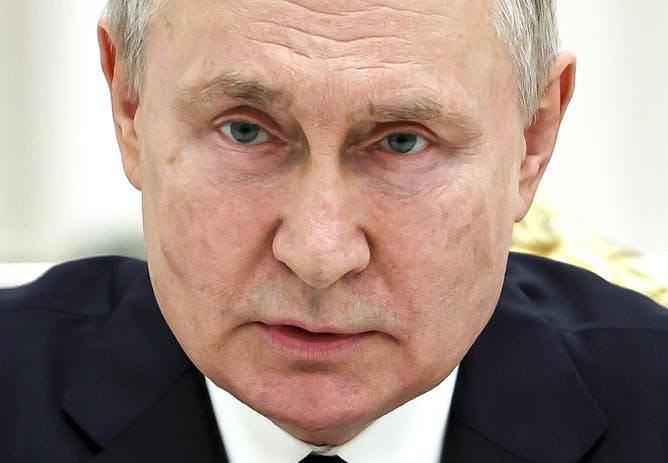
Matthew Sussex, Australian National University
Vladimir Putin faces token opposition in the polls this weekend after his regime has viciously cracked down on opposition figures. He’s likely to be even more repressive in his next term.
|
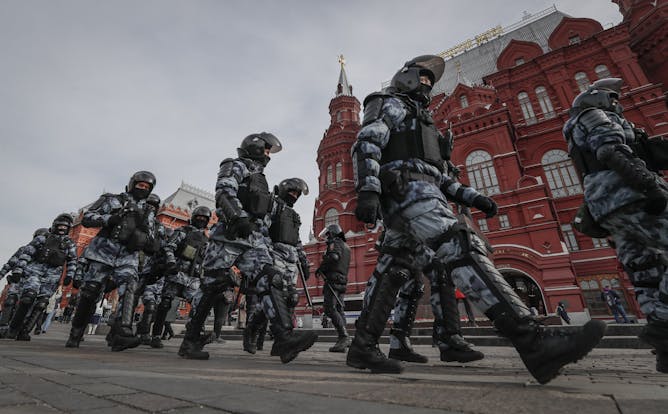
William Partlett, The University of Melbourne
A centralised system of government has allowed Putin to project power, but the country’s health care, schools, infrastructure and general quality of life have sharply deteriorated.
|
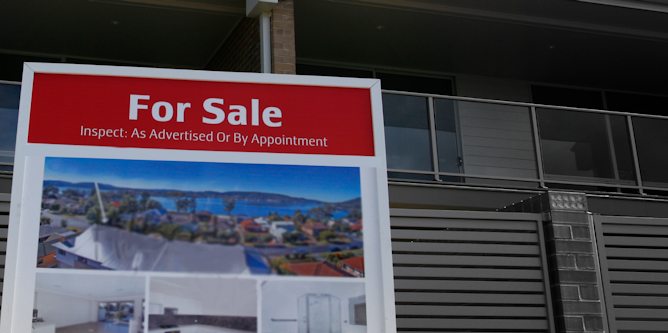
Julia Cook, University of Newcastle; Peta S. Cook, University of Tasmania
Helping adult children buy homes is risky, especially because what begins as a loan can turn into an unintended gift.
|
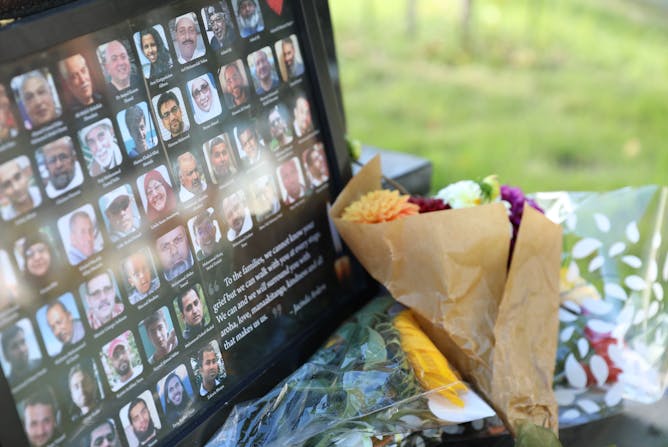
Chris Wilson, University of Auckland, Waipapa Taumata Rau; Ethan Renner, University of Auckland, Waipapa Taumata Rau; Jack Smylie, University of Auckland, Waipapa Taumata Rau; Michal Dziwulski, University of Auckland, Waipapa Taumata Rau
New research mapping the online and real-world activity of the Christchurch attacker provides insights into his radicalisation and the ways others contemplating terrorist violence might act.
|
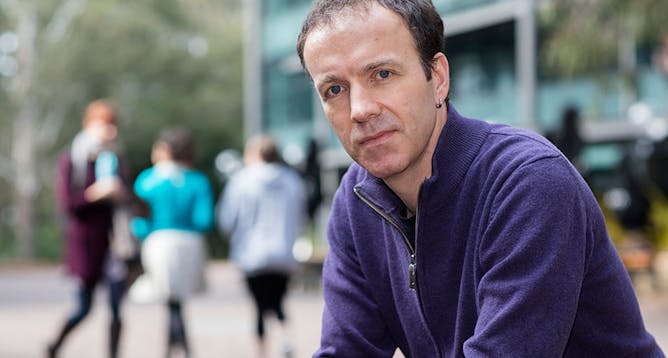
Michelle Grattan, University of Canberra
We're joined by Michael Flood, professor at the Queensland University of Technology to discuss the harassment against women in boys only schools and what leads to some men and boys to mistreat women.
|
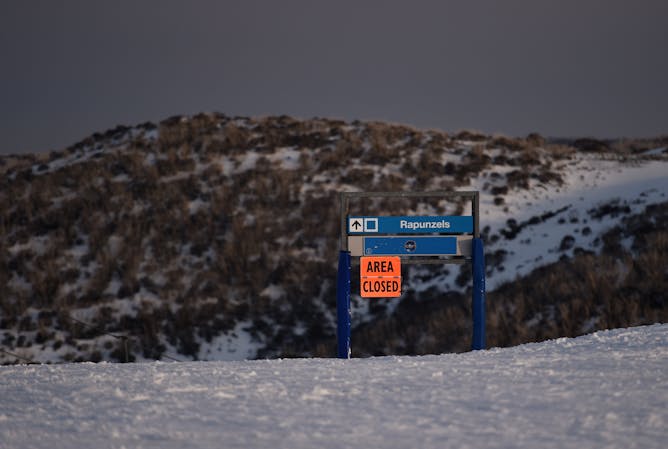
Adrian McCallum, University of the Sunshine Coast
The two alpine regions projected to suffer the greatest loss of snow cover in the world are in Australia and Aotearoa New Zealand.
|
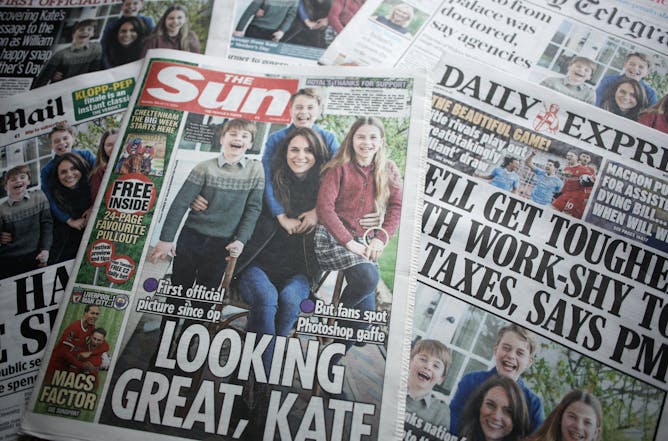
Naomi Smith, University of the Sunshine Coast; Amy Clarke, University of the Sunshine Coast
Rumours are out of control following the Kate Middleton photo controversy. It seems the royal family’s PR train is running off its rails.
|
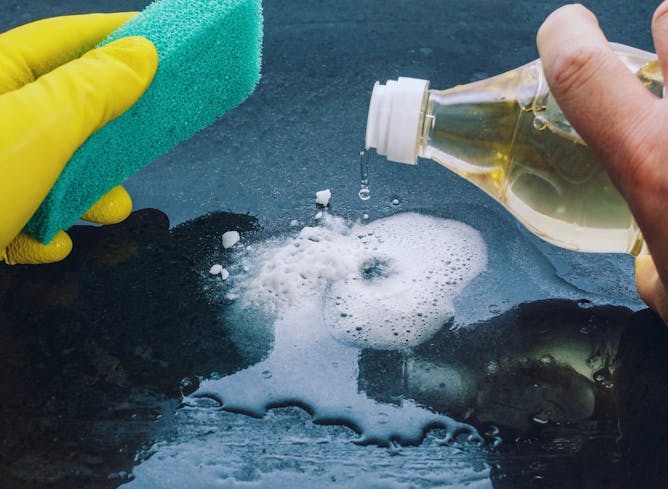
Nathan Kilah, University of Tasmania
A mix of vinegar and baking soda is a popular DIY cleaner – but it’s really inefficient. A chemist explains why you should reconsider using this fizzy mixture.
|

Amalendu Misra, Lancaster University
Haiti is descending into anarchy, causing the gang leader behind the violence to emerge as the country’s most powerful leader.
|
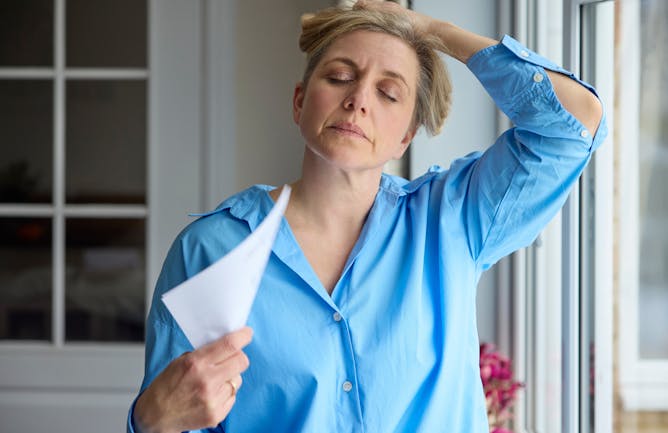
Susan Davis, Monash University
Here’s what the evidence says.
|
Politics + Society
|
-
Michelle Grattan, University of Canberra
In a speech to Committee for Economic Development of Australia Treasurer Jim Chalmers will say lower commodity prices and a softening labour market mean this year’s revenue upgrade will be modest.
-
Alexa Delbosc, Monash University
Low-income customers who qualify for subsidised rates are five times more likely to use shared e-scooters and e-bikes for daily travel. People with disabilities also value them.
|
|
Health + Medicine
|
-
Evangeline Mantzioris, University of South Australia
Researchers gave people in the study 5, 10 or 15ml doses of apple cider vinegar and found they lost more weight than those taking a placebo. But the findings need a closer look.
|
|
Science + Technology
|
-
Lizzie Speechley, The University of Western Australia
Magpies are expert problem-solvers – but just how good they are seems to depend on the size of the social group they grow up in.
|
|
Environment + Energy
|
-
Park Thaichon, University of Southern Queensland
Electric vehicles have long come at a premium. But as cheaper models arrive, outer suburban residents are taking to EVs to save on petrol
|
|
Arts + Culture
|
-
Milad Haghani, UNSW Sydney
Cancellations of Australian music festivals, such as the abrupt end to Pitch Music Festival due to extreme heat, have become all too familiar.
|
|
Books + Ideas
|
-
Kath Kenny, Macquarie University
Erica Jong’s 1973 novel about one woman’s sexually daring search for freedom changed lives, and sold around 35 million copies. Though her racism now shocks, much of the book speaks to our moment.
|
|
Business + Economy
|
-
Jedrzej Bialkowski, University of Canterbury; Moritz Wagner, University of Canterbury
A new index gives us insight into how sentiment impacts investor behaviour in New Zealand. How investors feel about the market does not always match the mounting global and local uncertainties.
|
|
| |
|
|
|
Aeon Media Group Ltd
Melbourne VIC, Australia
•
Full Time
|

|
|
The Conversation AU
Melbourne VIC, Australia
•
Full Time
|

|
|
|
|
| |
| |

|
| |
| |
| |
Featured Events, Courses & Podcasts
|
View all
|
|
|
|
| |
| |
| |
| |
| |
|
|